It’s
one of the smallest countries in the world. Unless you get a magnifying glass
or zoom your map pretty far in, you might miss it. I mean, if you are looking
at a map of Italy, you might think it’s a large city or maybe just a state. Or
maybe a crinkle. Ok, it’s not THAT bad, but it is pretty small.
The
country takes its name from Marinus, a Roman stonemason from the island of Rab
(current-day Croatia). Marinus had come over to help rebuild the walls of
Rimini after they were destroyed by pirates. Afterwards, he went on to found a
monastic community that became San Marino. It's also known as the Most Serene Republic of San Marino.
San
Marino is an enclave completely surrounded by Italy. It’s located in the
northern part of Italy, nestled against the southern part of the Emilia-Romagna
region. It’s a 2-3 hour drive from the larger cities of Florence and Bologna,
and only a half-hour drive from the city of Rimini (located on the Adriatic
Sea). San Marino is also located in the Apennine Mountain range, with its
highest point being Mt. Titano. They also enjoy the warm summers and cool
winters of the Mediterranean climate.
The
country is often considered the world’s oldest republic, officially counting
its founding in the year 301. However, the Papacy officially recognized its
independence in 1631. Napoleon almost compromised its independence, but a
couple of Regents stepped in and took care of things. As Italy was
incorporating itself during the 1800s, San Marino’s wishes to remain
independent were granted. During both WWI and WWII, the small country kept to
its neutrality. It didn’t go without challenge from Italy, though (either time).
They were run by the Sammarinese Fascist Party for a while (even though they
still maintained they were neutral), and Britain bombed them because they
thought there were Germans there. Turns out, that wasn’t really the case so
much. Right after WWII, they also had the first communist government (lasting
through 1957) that was elected by the people.
Its
capital city is the City of San Marino. (However, it’s not the largest city:
that would go to the city of Serravalle.) The city is on the western side of
Mt. Titano. In the center of the city, there are three towers that it’s famous
for: Guaita (built during the 11th century), Cesta (13th
century), and Montale (14th century). The city is known for its
winding streets and uses lifts to connect the upper parts of the city with the
lower parts. Fun fact: one of its sister cities is Scranton, Pennsylvania (I’m
a big fan of the show The Office).
San
Marino is known for its wine and cheese production (I’m ok with all of this).
Some of its primary economic drivers are the banking, ceramics, and electronics
industries along with tourism. Although it’s not a member of the EU, it does
use the euro as its currency, and oddly enough, they even have their own
national designs on them. San Marino does have kind of an odd dependency on
Italy for a number of things concerning imports/exports, stamps, and minting
coins.
Nearly
97% of the people are Roman Catholic. There has also been a Jewish presence
since the 14th century, and it served as a haven for Jews during
WWII (even though today there are very few).
Given
its proximity to Italy, it’s no surprise that many of the Sammarinese people
speak Italian and is considered the official language. However, the Romagnol
language is also widely spoken in this area as well. This is a language spoken
in parts of the Emilia-Romagna region of Italy, parts of the Le Marche region
of Italy, and in San Marino. It’s actually considered an endangered
language.
So,
everyone loves to hate on the Chicago Cubs for being a losing team. However,
the Cubs aren’t nearly as bad as the San Marino national football team. They
have only won one game in the last 25 years or so. However, even at that, they
held the record for many years for the quickest goal in an international game:
8.3 seconds! But then they basically packed it up and let England score the
next seven goals. Sheesh, guys. I bet it’s still fun to go, though.
Up
next: art and literature
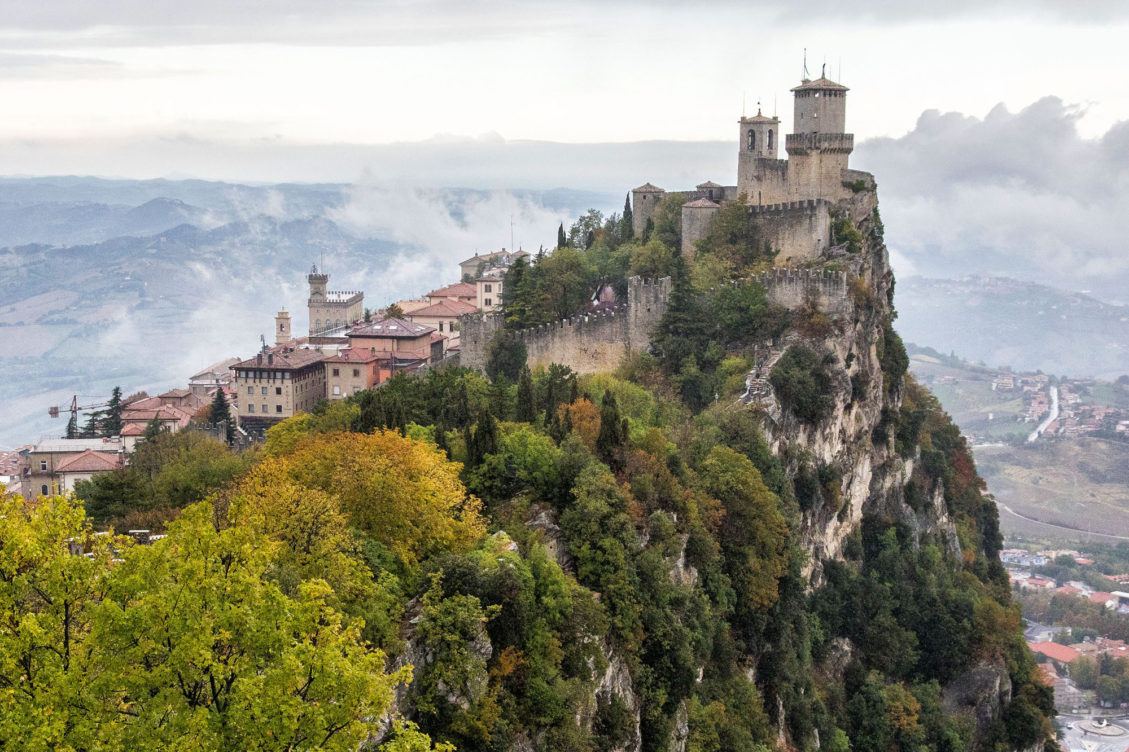

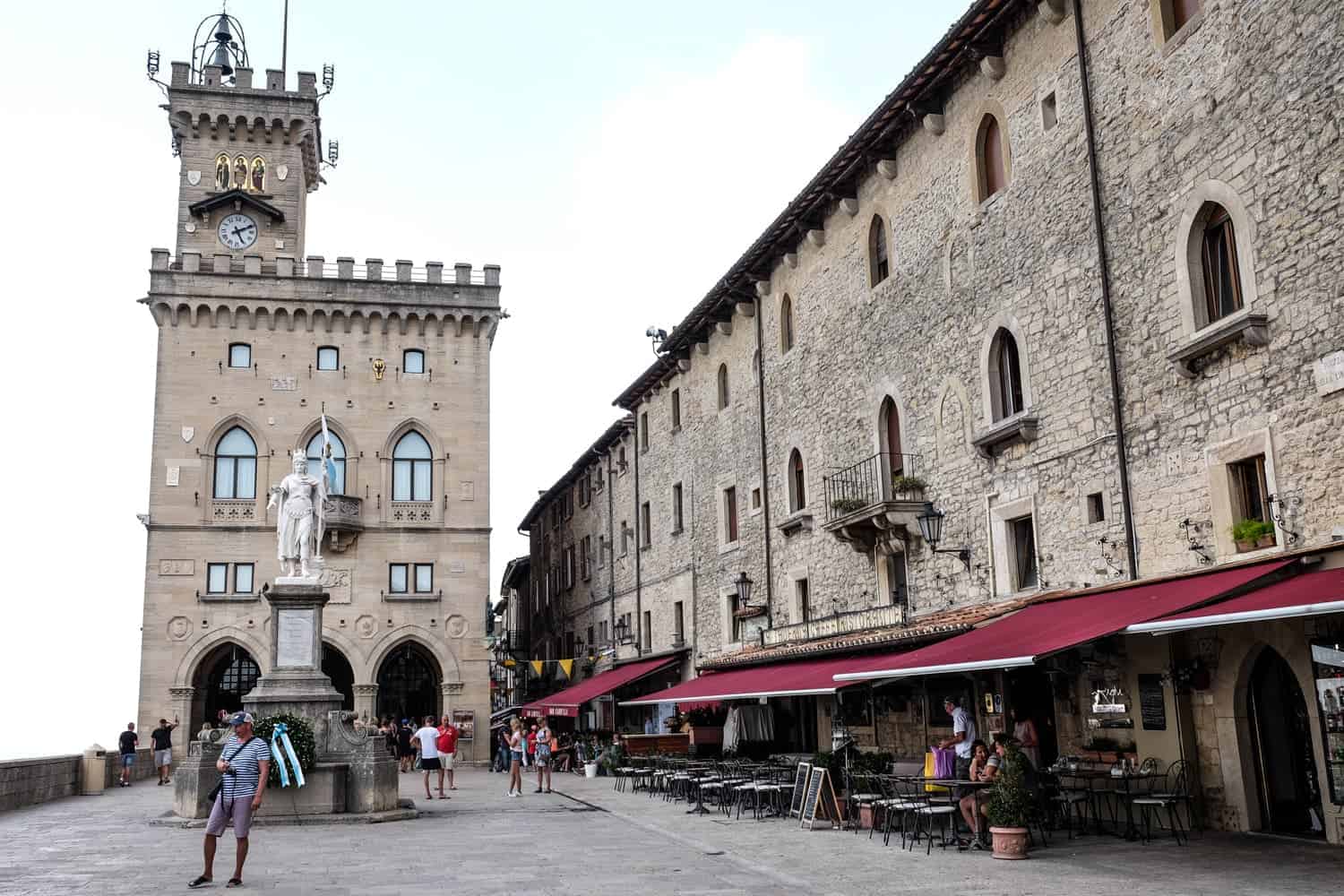
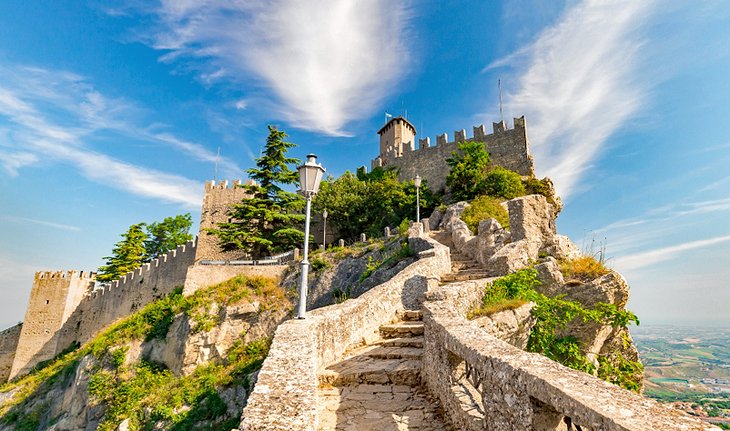
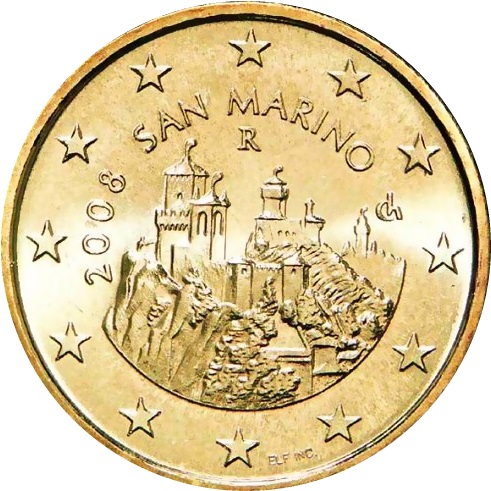

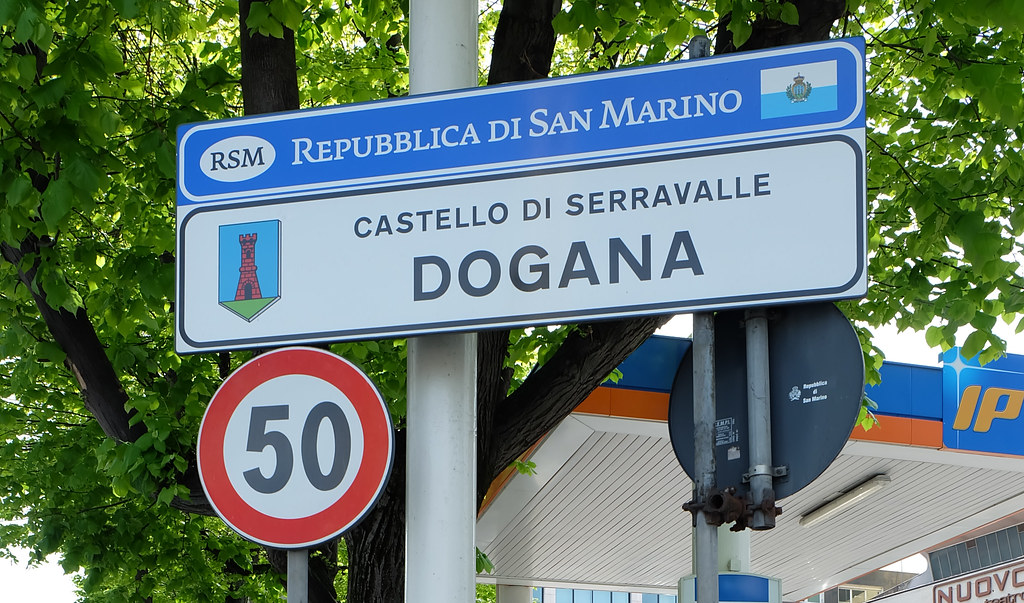

No comments:
Post a Comment